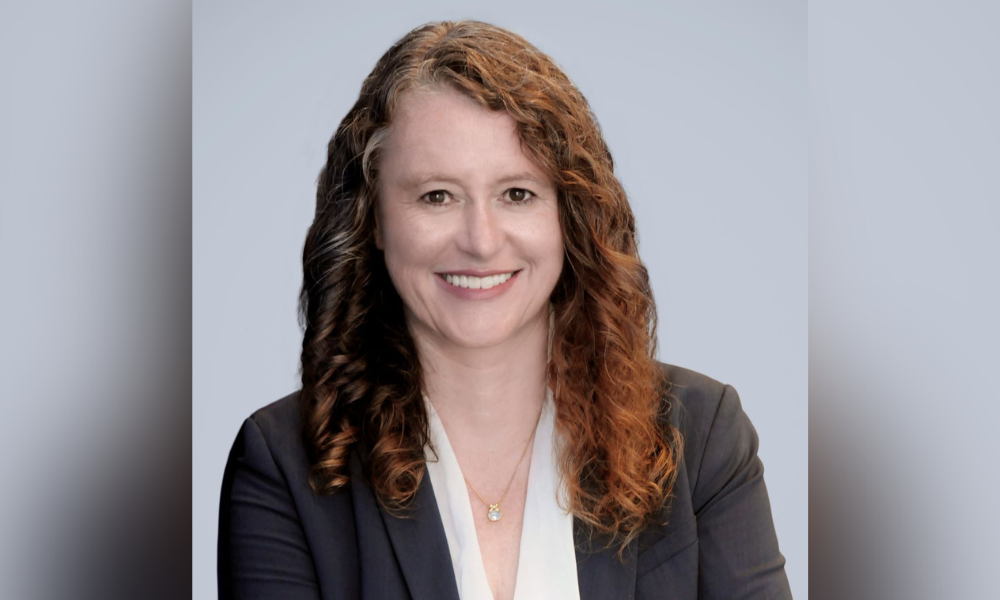Advisors can help today's caregivers from both a financial and emotional stress perspective

The financial issues surrounding elder care are becoming more pressing, so financial advisors – even those who don’t necessarily specialize in retirement planning – need to start educating themselves so they can educate their clients, according to one industry leader.
“Many people want to age at home, but it’s stunningly expensive for someone to stay at home and have 24-hour personal support worker care. In today’s dollars, it’s probably $250,000 to $300,000, just for 24-hour private care,” Leanne Kaufman, president and chief executive officer for RBC Royal Trust, told Wealth Professional.
“Advisors really need to start thinking about this before they can talk to their clients about it because it would be impossible to have a conversation with a client without arming themselves.”
RBC launched its healthy aging strategy during the pandemic and has partnered with Elder Caring Inc. to better prepare both its advisors and clients for the fact that one-quarter of Canada’s population will pass the age of 65 in the next decade. It’s trying to ensure that its clients have both their financial and estate planning ready for what lies ahead.
“We’re all living longer, and it’s going to be expensive,” said Kaufman. “Today’s caregivers need to be worrying about themselves as opposed to worrying about their parents. How are they setting themselves up – financially as well as from a burnout and emotional stress perspective?”
Kaufman noted that most elder care still tends to fall to women, who may have to leave work to do elder care – and that will probably occur during their higher income years. So, they may limit their careers and lose pensionable income, which can impact their ability to support themselves later.
“So, it’s not just the finances of the person in need of care that need to be considered in this conversation,” said Kaufman.
She said these discussions could include where they want to live, what kind of care they want, and how they’re going to pay for it since most won’t be able to afford 24-hour private care at home. It can also mean looking at how much people expect to net from their homes as well as how much financial support that they may be providing to their children as well as whether they have drawn up their wills and powers of attorney.
Kaufman recommended that more advisors start having these conversations to help people start planning for their old age. She said most people prepare more to start a family as they take leaves, make childcare arrangements, and choose their timing. There are parenting classes and mom support blogs, but “none of that exists for aging”. By then, the family may be dealing with a crisis with little support and no training, so it’s good to put it on their planning radar now.
She said this is particularly important since the number of people over age 85 in the next 25 years is going to triple – and many more are living to 100 or more. 25% of those over 85 also will be diagnosed with dementia – and that doesn’t include those who aren’t diagnosed. That’s creating an incredible caregiving burden – both socially and for families – at a time when people are having fewer children, who often live at a distance, so can’t provide all the caregiving.
“We can help clients plan because it’s probably not something they’re spending a lot of time talking about or planning for today,” said Kaufman. “It’s all about planning: setting up not only yourself and your family, but your caregivers to ensure as much success as possible.”
RBC is providing its advisors with the latest information and education, plus many resources and tools. It’s also providing clients with a personal binder to collect all the information that’s needed in one place for their caregiver. But, it’s also encouraging discussions about the emotional ramifications, so clients and their caregivers are more prepared. Still, she said, advisors need to help clients prepare for what’s coming by getting abreast of their plans now.



